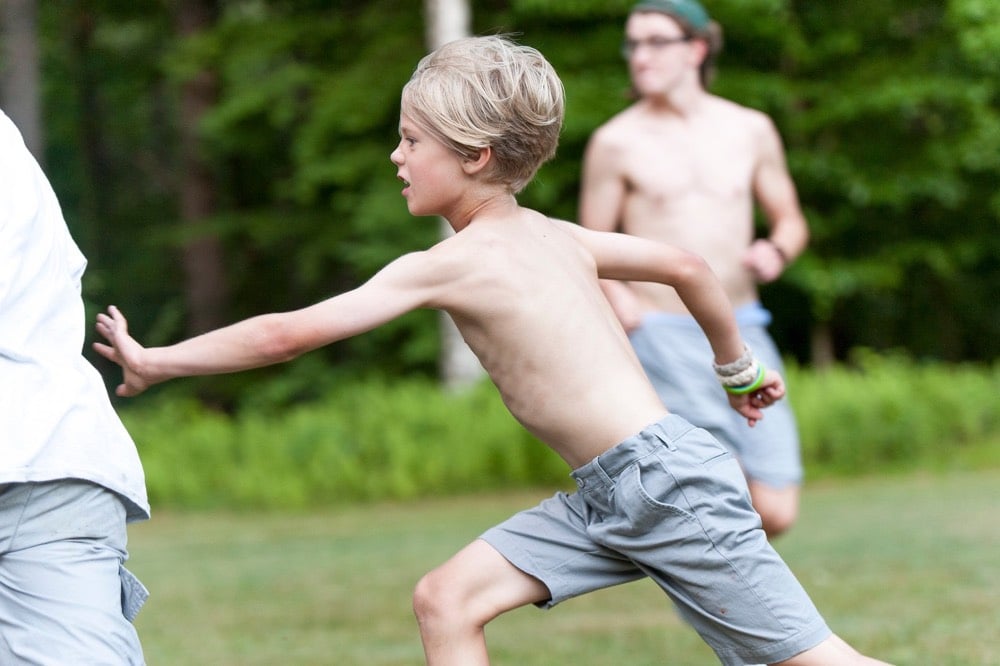Building Belonging at Summer Camp

My kids are lucky enough to be at sleep-away summer camp this year. It’s their fourth year, and I was a little skeptical about this at first. Sleep-away camps weren’t really a thing in Wisconsin when I was a kid and schlepping out to the East Coast was not going to happen, financially speaking. But their mom went to camp and it had a big impact on her life and the kids wanted to go, so I went along.
I’m really glad I did. I miss them while they’re gone, but they have such an amazing time there, away from their parents, figuring out what kind of humans they are going to be. The staff at Ollie’s camp (an all-boys camp for grades 3-8 — Minna goes to an affiliated camp for girls) sent the parents a letter about some of the principles they use in supporting their campers by building “a feeling of profound belonging”. They are super thoughtful in their approach and none of it is mere lip-service. I thought a few of their principles were worth sharing with you. From a section that starts “We shape our program and culture to build belonging by…”:
…embodying our belief that there are many ways to be a man. We give boys a diverse array of role models — men and women in whom campers can see aspects of the selves they seek to develop. When the people around us model the same humility, humor, talent, and compassion that we seek to develop in ourselves, they help us to recognize the sturdy roots of those same virtues within us. In such moments, we know that we are in a place where we belong.
…focusing on what is personal, real, and lasting. Too often children learn to gauge belonging through external signals: the music they listen to, the brands they wear, the devices they own. The result can be toxic, especially for boys, who learn to measure themselves against dangerously narrow standards of masculinity. By embracing simplicity — in the uniforms we wear, the music we make, the technology we leave at home — we foster deeper connections with each other and even with ourselves.
…emphasizing honesty as the most direct path towards a life of substance and meaning. Ultimately, belonging is not an external validation, but an authentic way of being. Honesty — and its companion, vulnerability — are signs of strength and signals of openness. Honesty elevates relationships beyond the superficial, and invites us towards friendships in which we have the courage to be imperfect and the compassion to accept ourselves anyway. At camp, as in life, there is no more powerful belonging than to each other.
I don’t mind telling you that I teared up reading through these. That there are many ways to be a man, that masculinity can be toxic, that vulnerability is strength…hearing these ideas more often would have benefited an adolescent Jason, a shy and sometimes bullied small-town kid who didn’t feel like he belonged, truly belonged, anywhere until he went off to college and discovered that the world was full of weirdos just like, and also very unlike, himself. I still feel that little kid’s pain, and it makes me very happy that my kids are lucky enough to spend significant time in a place where those ideas take center stage.
Excerpts above are from Building Belonging from the staff at Camp Lanakila.





Stay Connected